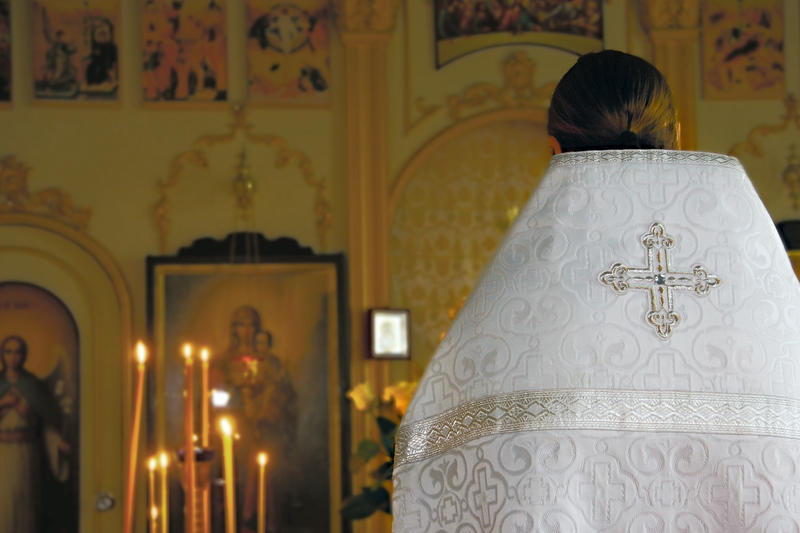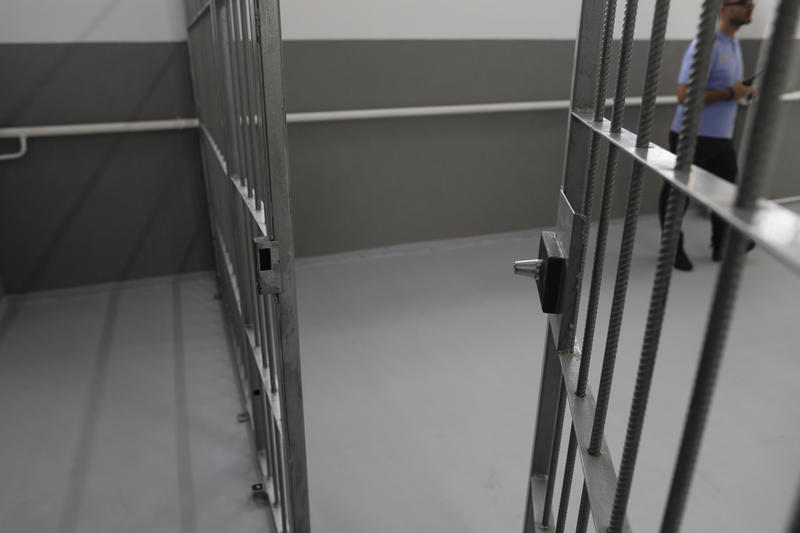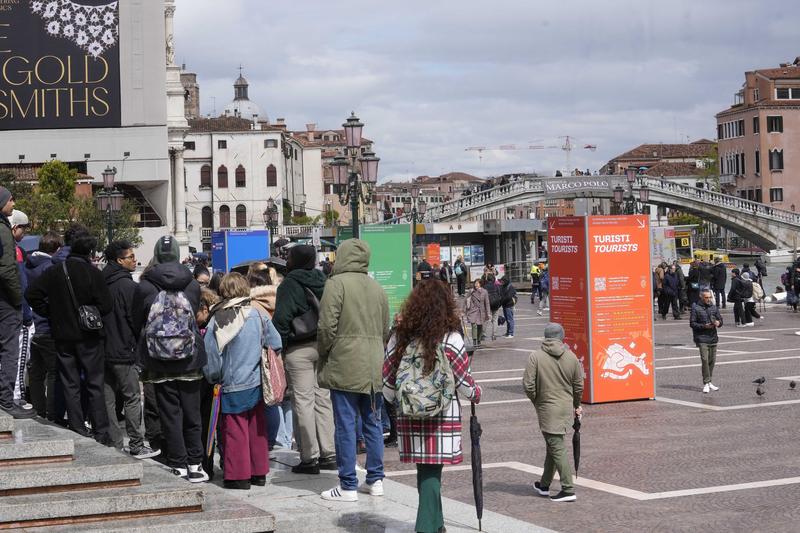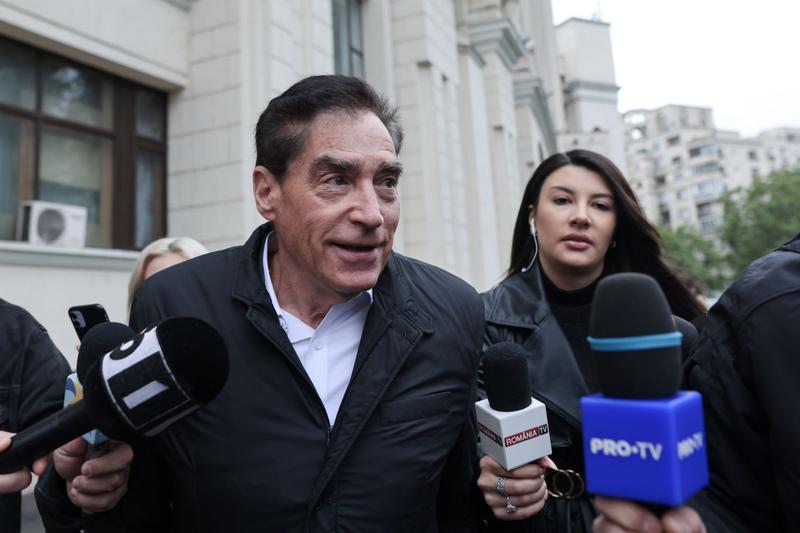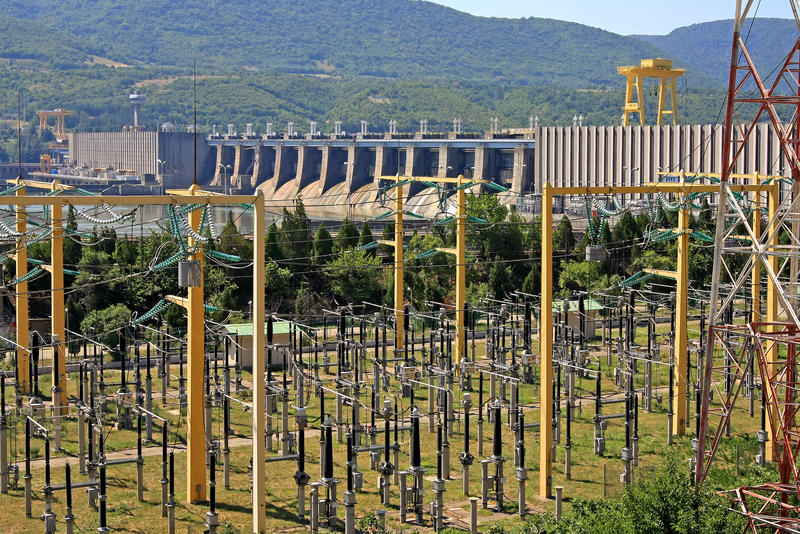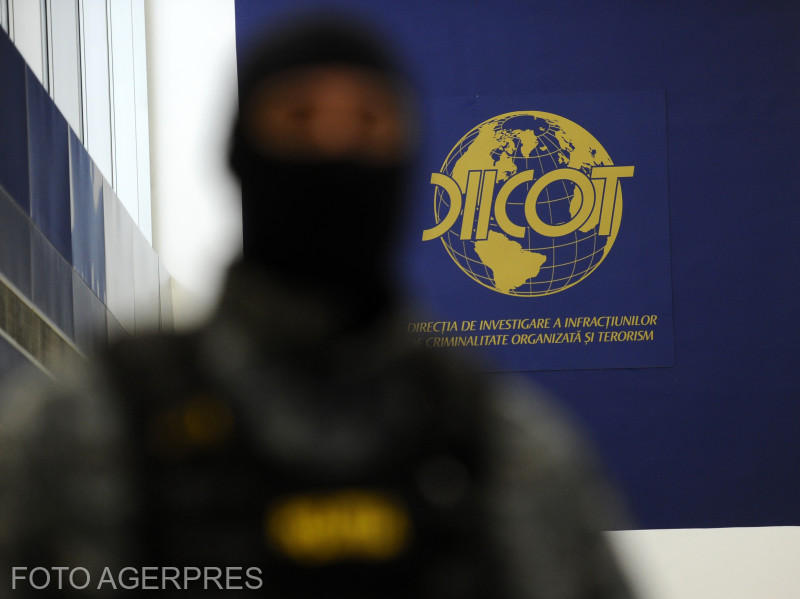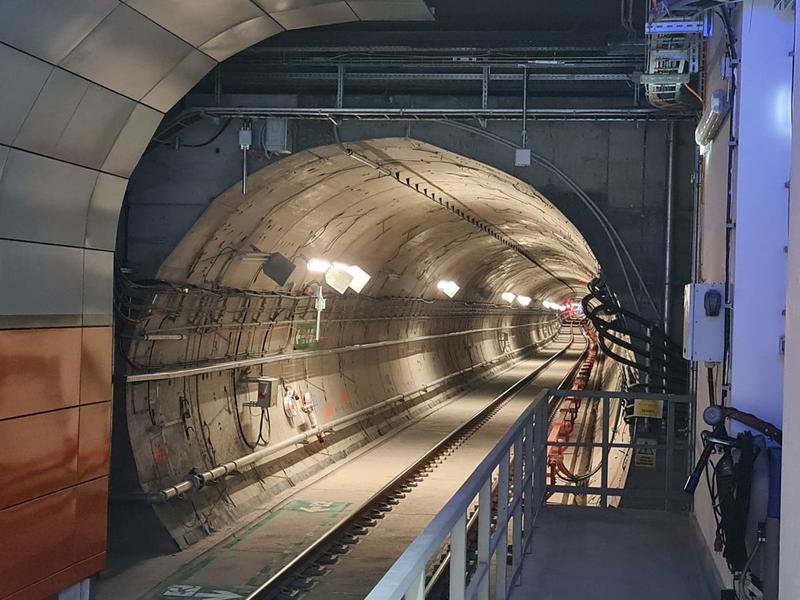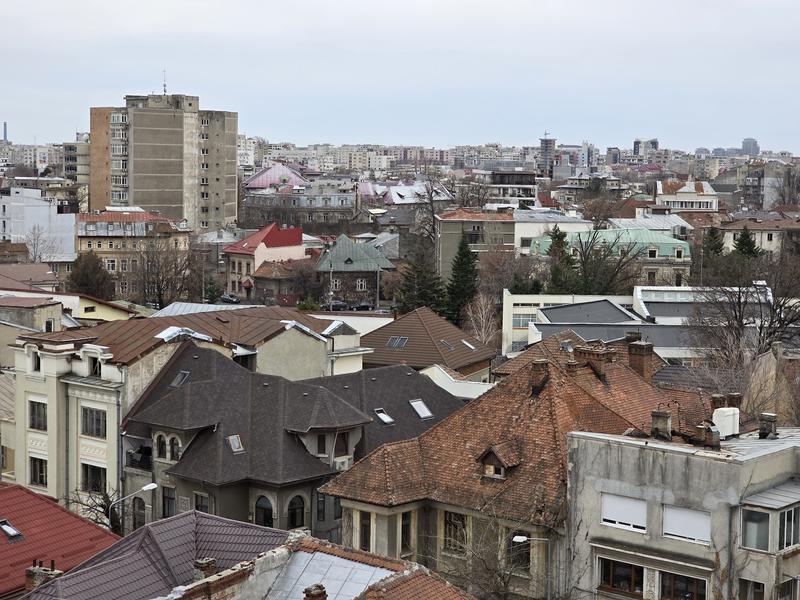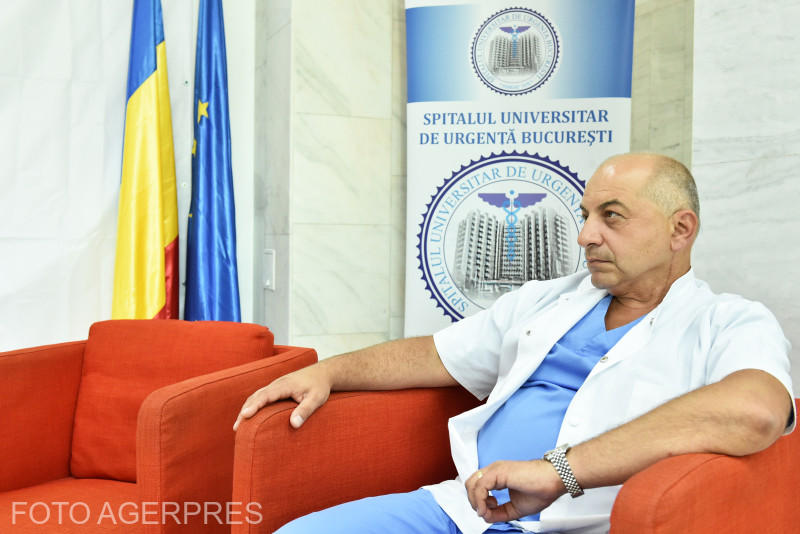Romanian newspapers on Thursday focus on the details of the Sommet de Francophonie currently hosted by Bucharest, after a flurry of criticism the day over the presence of several dictators and strongmen among the top invitees.
The EC report on Tuesday recommending Romania and Bulgaria accession in January 27 is followed by a series of reports on integration and EU issues, including the nominations for a future Romanian European Commissioner. All spiced with the usual reports on abuses and stories of Romanian glory abroad.
While most people complain about the huge spending involved in the organization of the summit of the French-speaking world in Bucharest, the purpose of which remain largely unclear for many, Evenimentul Zilei finds one reason for joy.
“Vive la Francophonie!”, it exclaims, reporting that the summit turned Bucharest into an “unexpectedly clean and spacious city”.
Enough so that the Mayor of Paris is quoted as saying that Bucharest is not the “Little Paris” as it used to be known in its glory days between the two world worlds, but a “big and beautiful city”. Quite an appreciation, considering the exasperation of most Bucharest dwellers with its traffic chaos and rows after rows of grey blocks of flats.
Jurnalul National takes a different approach and notes that while traffic in much of the city centre was cooled down during the first day of the summit yesterday, jams still reigned along the official route linking the airport and the downtown.
While many people were stuck in traffic along the way yesterday, French President Jacques Chirac traveled from the Henri Coanda International Airport to the presidential palace unhindered - and accompanied by a convoy of dozens of vehicles.
And Chirac spoke to his Romanian counterpart on issues such as the organization of the summit, the spirit of the Francophonie and the EU accession for one hour, the paper reports.
A seed of discontent is also planted in the pages of Adevarul, which writes that the orange street markings along the official road passage from the airport to the city centre, the so-called “French carrots”, were carefully provided by a company close to the Democratic Party, the governing group that propelled President Basescu to power.
The firm is owned by the son of a state secretary in the Transport Ministry, which used to be run by Basescu last decade, and is known for its many contracts with the Bucharest City Hall, an old Democratic stronghold.
For its part, Cotidianul reports that a car transporting the Foreign minister of Laos, a participant to the summit, was involved in a serious car crash yesterday. The minister was unharmed, but the car was smashed by a train shortly after another car hit and propelled it onto a railroad.
Also in Cotidianul the impact of the summit on Bucharest is revealed with a series of photographs mocking, among others, the way La Francophonie allows Romania to regain “part of its African dimension, lost in the nineties”.
The same newspaper focuses a bit more on European issues and reports that the first European electronic dictionary is “learning” Romanian from a teacher originating in the South Romania region of Oltenia - known for its funny accent - who is now a professor at Sorbonne.
But the main EU-related issue is the run-off between several Romanian politicians, including Justice minister Monica Macovei, for a seat as future European Commissioner. According to Adevarul, the European Parliament may hear the EU Commissioners proposed by Romania and Bulgaria as soon as November this year.
Gandul tackles Europe in a different manner: the opportunities to work in England.
It writes that the agriculture universities in Romania have become offices recruiting workers for England and that more than 40% of the students at the Management Faculty at the agriculture university USAMV in Bucharest are already “studying” in Britain.
Elsewhere in the newspapers, Evenimentul Zilei reports that a Romanian magistrate managed to judge its own cause, but could not dodge an investigation into his activities by the Supreme Council of Magistrates.
Judge Adrian Bordea was among a group of magistrates who decided on Monday to free two intelligence officers placed under corruption charges in a case in which Bordea is also indicted.
And the same Evenimentul Zilei portrays the success of a a chemist from the Romanian city of Pascani, who managed to win the European Young Investigator Award - a youth equivalent for the Nobel Prize - for his activity in supramolecular chemistry.
Chemist Mihai Barboiu has since opted to leave for France and is quoted as saying that he did so for professional reasons as many of the laboratories in Romania are “better designed than the Western ones, but often their coffee machine is all that works”.

